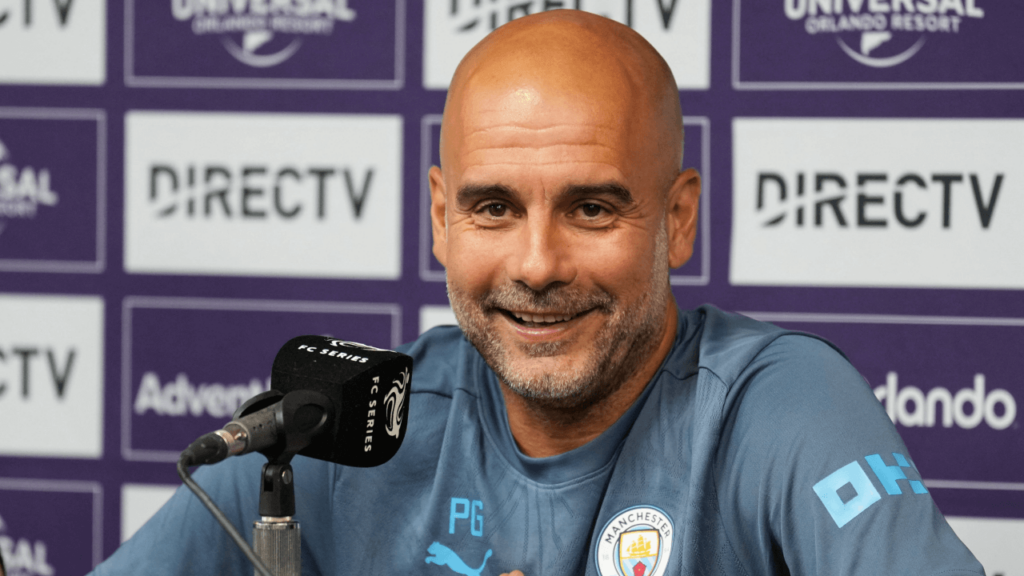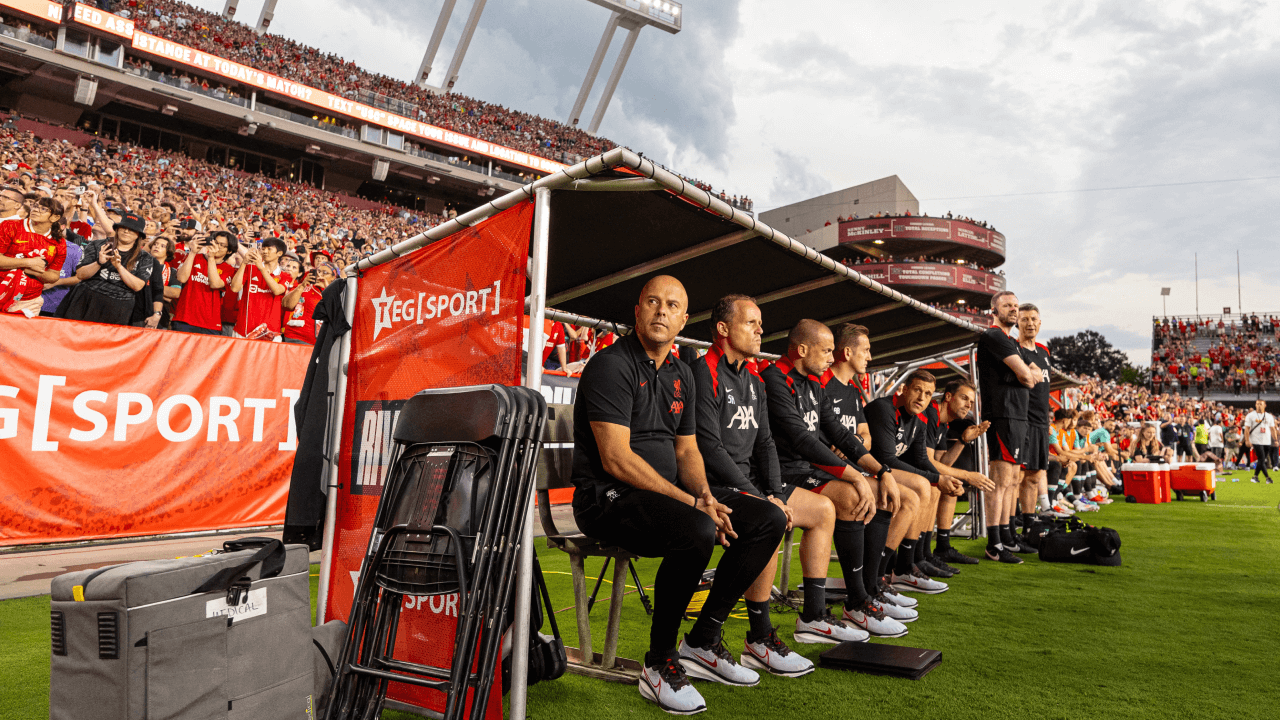The prospect of Premier League matches being played abroad has gained renewed attention, fuelled by comments from Premier League Chief Football Officer Tony Scholes, who recently stated that there were “no conversations” about hosting games in the US.
While the NFL and NBA push to expand overseas and grow their international fanbases, the Premier League finds itself in a very different position, one where overseas expansion simply isn’t a necessity.
The idea of playing league matches abroad has been discussed for years, often linked to its expanding global audience and the growing influence of commercial partners seeking new revenue streams. NBC, the U.S. broadcaster currently paying the Premier League $2.7 billion for its six-year deal until 2028, has been vocal in its interest in bringing competitive fixtures to North America.
Jon Miller, NBC Sports’ president of acquisitions and partnerships, has pushed for games in the United States, stating, “At some point in the future, I would love to see a couple of Premier League games”, “I know that’s something that we’ll continue to push for because I think that there’s an American audience here that would like to see regular season games.”.
With so many US-based owners of Premier League clubs today, it’s no surprise there is some support for overseas games, Liverpool chairman Tom Werner has suggested hosting matches in New York, Los Angeles, Tokyo, and Riyadh as part of a long-term vision to expand the club’s global reach.
However, while some stakeholders see overseas fixtures as a way to strengthen the league’s commercial standing in the United States, Premier League executives remain hesitant, no doubt partly due to the response on the last attempt. When the concept of ‘Game 39’, an extra Premier League match played overseas was first proposed in 2008, it was met with immediate backlash from English football fans and the Football Supporters’ Association (FSA).

Unlike the NBA and NFL, which rely on overseas games to build international interest, the Premier League already enjoys immense global popularity. With a potential TV audience of over 4.7 billion people across 212 territories (according to Wikipedia), the league doesn’t have as much of a need to push itself into newer markets, especially one where it already has strong traction. In March 2024, the Manchester City v Arsenal match became the most-watched Premier League match in United States history, with 2.12m viewers across NBC’s platforms.
Tony Scholes reaffirmed this position, stating:
“Over the last couple of years, we have played a number of pre-season games in the US. We have an excellent broadcast partner in the US and viewing figures are strong there. So I would personally say I don’t see a need to do that. And I could absolutely say there’s no conversations taking place to do it.”
Time zones play a huge role in the need for international games.
For U.S. fans, Premier League matches conveniently fit into morning routines, in Los Angeles, fans can watch with breakfast; in New York, with their brunch. This natural scheduling advantage gives the league strong exposure without forcing change. For European fans of the NFL or NBA, the experience is far more difficult. To follow American sports, fans have to stay up late into the night, often on Sundays when NFL games are played. This is a major inconvenience for those with work the next day.
Instead of introducing regular-season games abroad, the Premier League’s focus remains on maintaining and enhancing its dominance through:
● Pre-season tours – Clubs already travel to the U.S., Asia, and Australia during the summer, allowing international fans to experience live games without disrupting the domestic season.
● Broadcast partnerships – The NBC deal ensures strong visibility in the U.S., reinforcing the league’s presence without requiring in-person fixtures.
● Strategic collaborations – Clubs engage international audiences through brand partnerships, social media initiatives, and digital content strategies.
● Localised fan engagement – Some clubs have opened international offices and developed region-specific content to strengthen connections with overseas supporters—without taking games away from English stadiums.

While the NBA and NFL are actively working to expand by hosting regular-season games abroad, the Premier League has far less urgency to do the same. It ultimately comes down to risk vs. reward, and for the Premier League, the reward doesn’t seem to outweigh the risk. The Premier League is already the most-followed football league globally. It is expanding in the U.S. through media deals, without disrupting its structure or alienating home fans, proving that growth doesn’t always require radical change.
The Club World Cup this summer and the 2026 World Cup in the U.S. will further boost attention for football, and the Premier League is positioned to benefit massively from that exposure without needing to export competitive fixtures.
That’s not to say the discussion is over. As American ownership in the Premier League becomes more dominant, so will the pressure to explore overseas fixtures. But for now, the league is staying the course, prioritising its core fanbase while leveraging existing global appeal through less disruptive means.
For English football fans, that’s likely the right decision.

(Images from IMAGO)
You can follow every game from the Premier League on FotMob – with in-depth stat coverage including xG, shot maps, and player ratings. Download the free app here.
